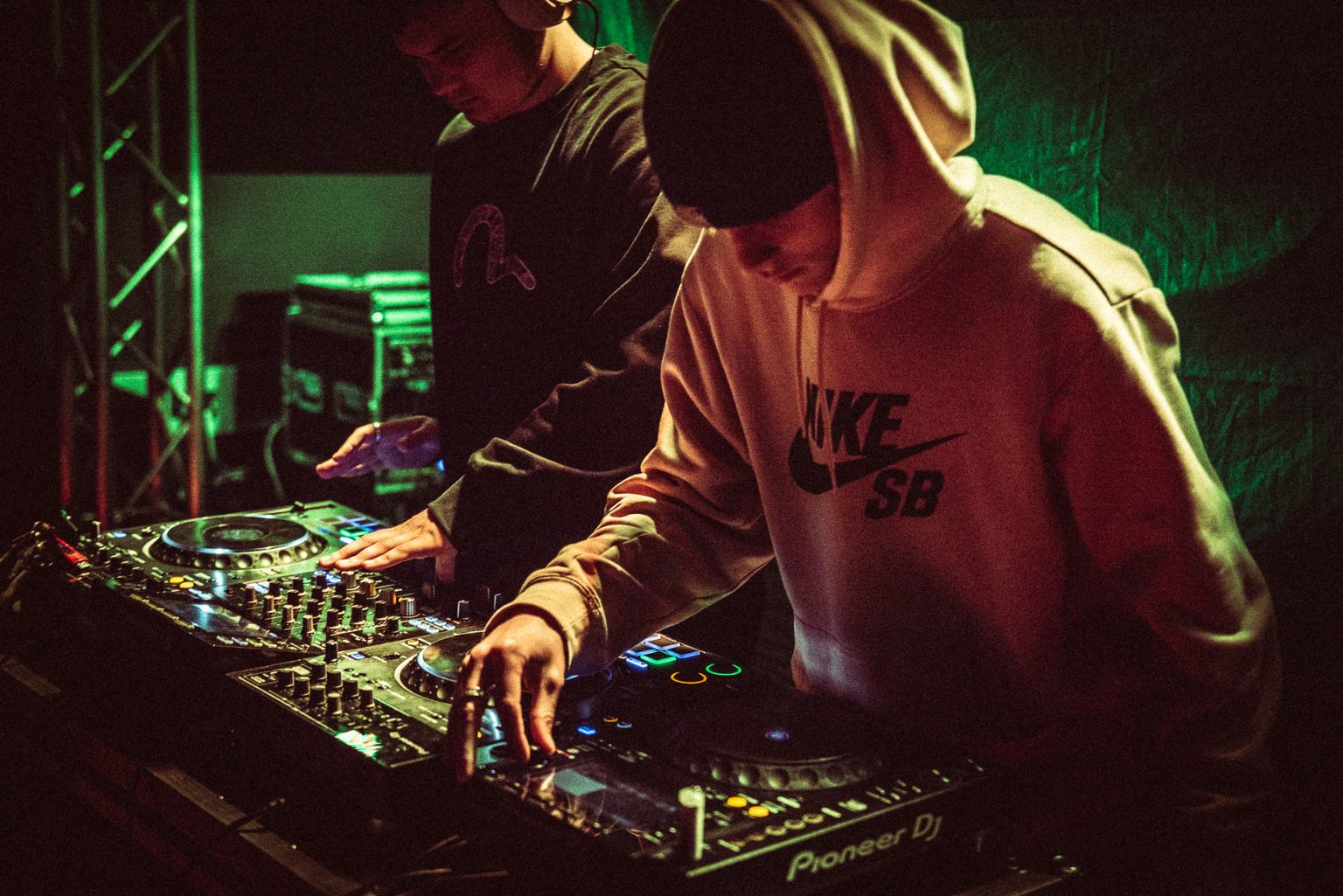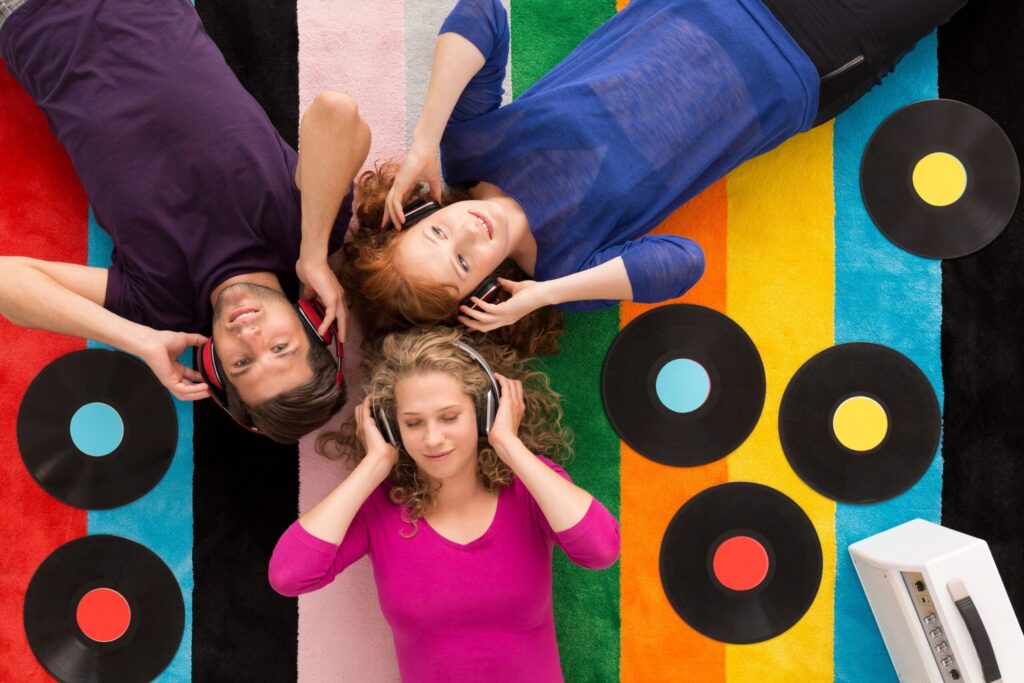We explore SoundCloud and Spotify to help you decide which might best serve your music career.
Streaming has changed how artists distribute their music and reach audiences. With platforms like SoundCloud and Spotify leading the way, there have never been more opportunities for new and independent musicians.
The rise of SoundCloud

Is SoundCloud free?
SoundCloud emerged in 2007 as a platform for artists to share their music directly with fans. Initially, it was a free and open space where independent musicians could upload tracks without the constraints of major record labels.
SoundCloud’s free service allows users to upload songs, listen to music from around the world, and connect with other artists and fans. While there are premium options available that offer enhanced features like increased upload limits and analytics, the core platform remains completely free. This makes it an attractive option for artists who are just starting and may not have a big budget.
How to upload music to SoundCloud
Uploading music to SoundCloud is a straightforward process that doesn’t require any technical ability. Artists can easily create a free account and begin sharing their music with a global audience. The platform supports various file formats, ensuring that your music can be uploaded without much hassle. Once your track is live, you can share it across social media and embed it on your website or blog to maximise reach.
SoundCloud also allows you to add metadata and tags to your uploads, enhancing your track’s discoverability and making it easier for people to find.
Do artists get paid on SoundCloud?
The answer is yes—but with caveats. Through its SoundCloud Next Pro account, artists can monetise their content.
While monetisation opportunities exist, they may not be as straightforward or lucrative as those on other platforms like Spotify. Nevertheless, SoundCloud offers a free space to build an audience and test the waters.
Benefits of SoundCloud for new artists

SoundCloud provides numerous advantages for up-and-coming musicians looking to establish a presence in the industry. One significant benefit is the direct engagement it allows between artists and their listeners. The platform’s social features enable fans to comment on tracks, share them with friends, and even send direct messages to artists.
This interaction creates a sense of community and allows artists to receive valuable feedback from their audience, helping them refine their craft and build a loyal following.
Another advantage of SoundCloud is its flexibility when it comes to uploading tracks. Unlike traditional record labels that may impose restrictions, SoundCloud allows artists to share as much music as they like without limitations.
The rise of Spotify

Founded in 2006, Spotify has grown into one of the largest music streaming platforms globally, with over 626 million active users. One of Spotify’s most significant advantages is its large audience.
While SoundCloud has its merits, Spotify also presents unique opportunities for new music artists.
Discoverability on Spotify

Spotify offers several discoverability features that are particularly beneficial for new artists looking to expand their audience. One of the standout tools is Spotify Discovery Mode, which allows artists to prioritise certain releases, making them more likely to be recommended by Spotify’s algorithm through Radio and Autoplay.
This feature is especially useful for independent artists, as it doesn’t require upfront costs. Instead, it takes a commission, per stream, generated through Discovery Mode. This enables artists to reach a broader audience without the financial burden of traditional marketing campaigns.
Spotify’s personalised playlists (such as Discover Weekly) also provide a platform for new artists to be introduced to listeners who have shown interest in similar music. These playlists are algorithmically generated based on user preferences, offering tailored recommendations that can include tracks from emerging artists. By using these features, new artists can increase their visibility and connect with potential fans, making Spotify a valuable tool for building a music career.
Does Spotify pay artists?

Spotify pays artists based on the number of streams their tracks receive, with revenue generated through both premium subscriptions and advertisements. While the payout per stream may seem modest, successful artists on Spotify can earn some income through consistent play and exposure on popular playlists.
Through its Spotify for Artists program, musicians can also access detailed analytics, enabling them to understand their audience better and tailor their marketing efforts.
Making the decision: SoundCloud, Spotify or both?

When deciding between SoundCloud and Spotify, artists must consider several factors, including their goals, target audience, and marketing strategy. While SoundCloud offers direct engagement and creative freedom, Spotify provides access to a vast audience and more monetisation opportunities.
For many artists, using both platforms can be a strategic move, allowing them to leverage the strengths of each to maximise exposure and reach different segments of listeners.
From viral SoundCloud hits that transitioned to Spotify fame to artists who have used Spotify’s playlisting power to grow their fanbase—each platform offers unique pathways to success.
Maximise your exposure

SoundCloud and Spotify each offer distinct advantages that cater to different aspects of an artist’s career. By understanding the benefits and challenges of each, musicians can make informed decisions that align with their goals.
Ultimately, the key to success could lie in leveraging both platforms strategically to maximise exposure, engage with fans, and build a sustainable career in music. Whether you’re drawn to SoundCloud’s open community or Spotify’s expansive user base, each platform offers a unique set of tools to help you thrive as a musician.
For those looking to hone their skills further and gain a deeper understanding of the music industry, At Access Creative College we offer specialised courses designed for aspiring musicians. With a focus on practical skills, industry connections, and hands-on experience, our courses provide invaluable insights and opportunities to kickstart a successful music career.
Explore our courses to find something that aligns with your career goals and take the next step in your musical journey.






